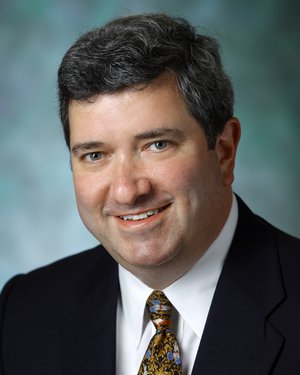-
Amit Jain, M.D., M.B.A.
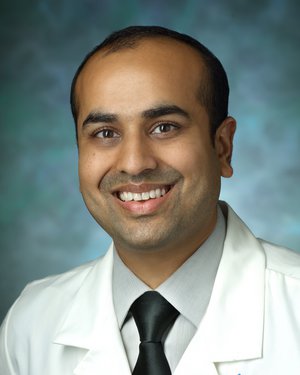
- Chief, Minimally-Invasive Spine Surgery, Department of Orthopaedic Surgery
- Director, Spine Research, Department of Orthopaedic Surgery
- Johns Hopkins Spine Surgery Fellowship Co-Director
- Associate Professor of Orthopaedic Surgery
- Associate Professor of Neurosurgery
-
Hamid Hassanzadeh, M.D.
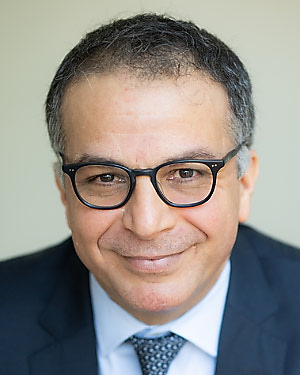
- Chief, Orthopaedic Surgery at NCR
- Johns Hopkins Spine Surgery Fellowship Co-Director
- Professor (PAR) of Orthopaedic Surgery
Spine Surgery Fellowship
The Johns Hopkins Spine Surgery Fellowship provides comprehensive training in evaluation and management of: degenerative cervical and lumbar pathologies, and complex spinal pathologies, including: adult spinal deformity, tumor and infection. We have a tradition of training some of the top orthopaedic and neurosurgical spine fellows in the United States.
Duration: 12 months
Deadline: October 15
Number of fellows accepted: 3 or 4
Stipend: Commensurate with level of training, plus benefits
Location: Johns Hopkins Medical Centers
How to Apply: applications are accepted through SF Match
Prerequisites: Candidates are expected to have successfully completed an orthopaedic surgery or neurological surgery residency
Research/Publication obligation: Yes
Percentage of fellowship devoted to: 80% operative care, 20% non-operative care
Fellowship Philosophy
In the operation room, the fellows are exposed to a variety of traditional as well as cutting-edge surgical techniques. The fellows graduate with technical proficiency in spinal decompression, spinal instrumentation (both free-hand and using navigation or robotics), and advanced spinal reconstruction techniques (PSO, VCR and multi-level corpectomies). Fellows are also trained in novel techniques such as minimally-invasive spine surgery (MIS TLIF and robotic surgery), lateral access surgery (lateral interbody fusion and ACR) and laminoplasty. In addition to the robust operative experience, fellows master comprehensive evaluation of the spine patient through mentored clinic experiences.
Fellow Education
The fellow education is enhanced through twice per week morning spine conferences. The Wednesday morning conference is comprised of (on a rotating basis): faculty didactics, case discussions, journal club and research conference. The Friday morning conference is comprised of a review of postoperative imaging from the prior week's cases, as well as an open discussion of preoperative plan for the cases for the upcoming week. The Friday indications conference is invaluable in cultivating perioperative planning and decision making.
Clinical Sites
The fellowship clinical experience lasts 12 months and takes place across three hospitals where the fellows cover ~1400 spine cases per year:
- The Johns Hopkins Hospital (downtown Baltimore, ~80% time)
- Suburban Hospital (Bethesda, ~15% time)
- Johns Hopkins Howard County Medical Center (Columbia, ~5% time)
The Spine Team
In addition to the three or four fellows, the spine team consists of:
- One or two floor PA at downtown Johns Hopkins
- Two residents at downtown Johns Hopkins (one senior resident and one junior resident)
- One senior resident at Suburban Hospital
- One senior resident at Johns Hopkins Howard County Medical Center.
For applicants with a special interest in pediatric deformity, an opportunity for exposure to adolescent deformity surgery is also available. Our team also collaborates with the neurosurgery spine service through joint conferences and combined cases.
Research Projects
Fellows are encouraged to complete one research project. The orthopaedic spine division has an active outcomes research team and database that can be used for research. The division publishes more than 50 peer-reviewed publications per year. Opportunities to perform research in biomechanics, cell biology and tumor biology are also available.
Spine Fellowship Co-Directors
Fellowship Faculty
-
Khaled M Kebaish, M.B.B.Ch., M.D., M.S.
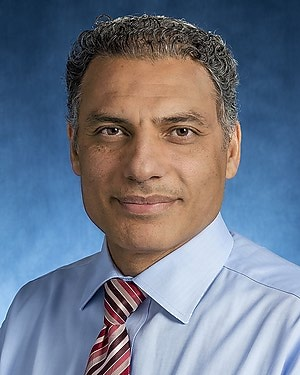
- Division Chief, Orthopaedic Spine Surgery
- Professor of Orthopaedic Surgery
- Professor of Neurosurgery
-
Sang Hun Lee, M.D., Ph.D.
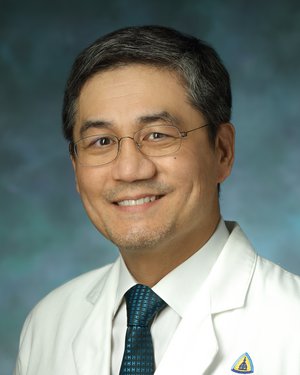
- Director, Complex Cervical Spine and Spine Tumor Surgery, Johns Hopkins Department of Orthopaedic Surgery
- Chief, Endoscopic Spine Surgery, Johns Hopkins Department of Orthopaedic Surgery
- Associate Professor of Orthopaedic Surgery
-
Lee Hunter Riley III, M.D.
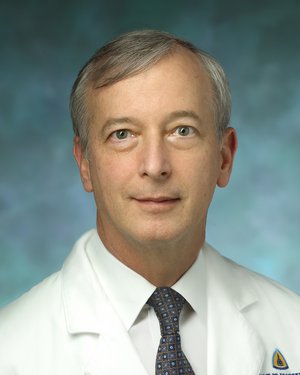
- Chief Medical Officer, Musculoskeletal Service Line
- Vice Director, Clinical Operations
- Zadek Family Professorship in Orthopaedic Surgery
- Professor of Orthopaedic Surgery
- Professor of Neurosurgery
-
Paul David Sponseller, M.D.
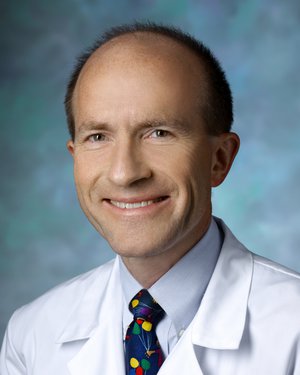
- Chief, Division of Pediatric Orthopaedics
- Sponseller Professor of Pediatric Orthopaedics
- Professor of Orthopaedic Surgery
- Professor of Urology
Past Fellows
- Bayan Aghdasi, M.D.
- Chris Ahuja, M.D.
- Humaid Al-Farii, M.D.
- Mohammad Altaleb, M.D.
- Vincent Angelo DePalma, D.O.
- Robert Dolitsky, M.D.
- Craig Forsthoefel, M.D.
- Mihir Gupta, M.D.
- Charles Frederick Land, M.D.
- Michael Safaee, M.D.
Goals and Characteristics
Approximate percentage of exposure to the spine by region:
- Cervical: 35%
- Thoracolumbar: 65%
Approximate percentage of fellowship exposure to the spine by diagnostic category:
- Degenerative: 50%
- Trauma: 5%
- Deformity: 35%
- Tumor/Infection: 10%
Contact
Johns Hopkins Outpatient Center601 N. Caroline St.
Room 5223
Baltimore, MD 21287
Phone: 410-955-3376
Fax: 410-614-1451
Email: [email protected]

